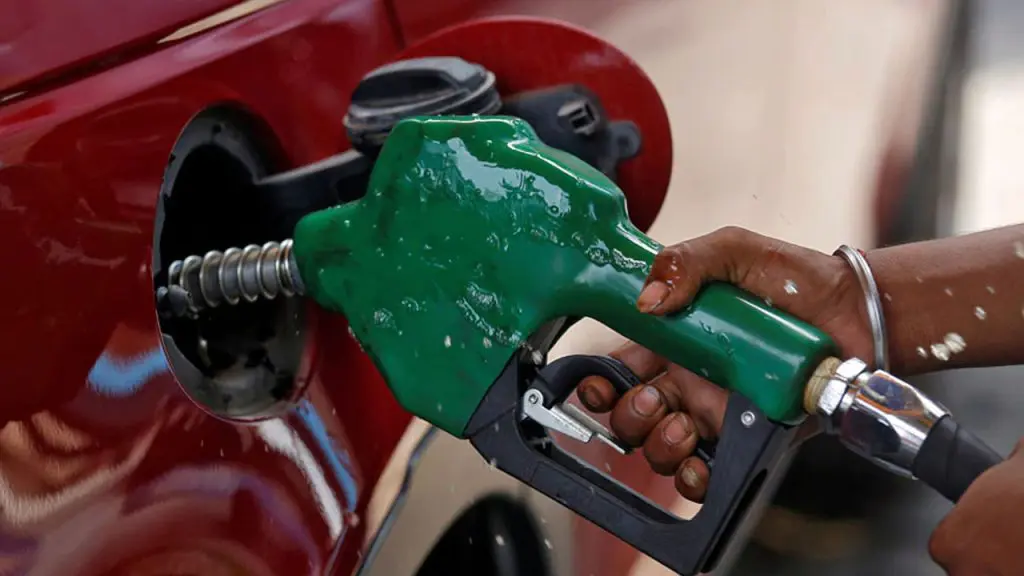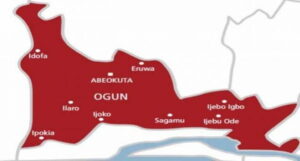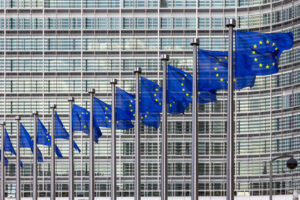The Federal Government’s proposal to introduce a five percent fuel tax has sparked outrage across the country. Finance Minister Wale Edun explained last week that the surcharge was not a new levy, but an old provision under the 2007 Federal Road Maintenance Agency (FERMA) Act, now being included in the 2025 Tax Administration Act for “harmonisation and transparency.” He also insisted that no commencement order had been signed.
Despite his clarification, many Nigerians have rejected the idea. Citizens argue that even the thought of another tax is insensitive, considering how much fuel prices have already risen since subsidy removal in 2023.
At that time, petrol jumped from N167 per litre to as high as N865–N1000 in different parts of the country, worsening the economic hardship. Many fear that another surcharge on fuel will further push up the cost of transportation and daily living.
Voices from Lagos to Abuja reveal a general mood of frustration. Residents say the government should fix problems of transparency and cheating at filling stations instead of adding more financial burdens.
Transport workers worry the policy will make movement unaffordable, while fuel attendants point out that the masses always end up suffering the most. Some Nigerians even mocked the policy, saying it feels like they might soon be taxed for the air they breathe.
The backlash is not limited to ordinary citizens. Labour unions like the NLC and TUC, business groups, and political leaders including Peter Obi have openly condemned the move. Obi, in a post on X, asked why government keeps piling burdens on Nigerians instead of reducing suffering.
He questioned why taxes multiply while citizens see no visible improvements in healthcare, education, or infrastructure. Many Nigerians share his view that if government must tax, the people should at least see where their money is going. For now, the debate continues online and offline, with growing calls for the policy to be scrapped completely.







